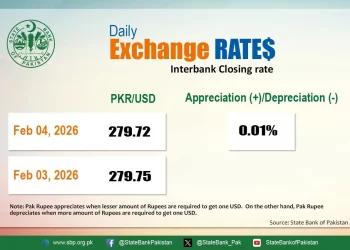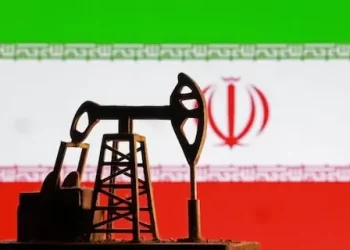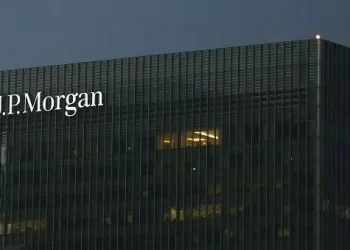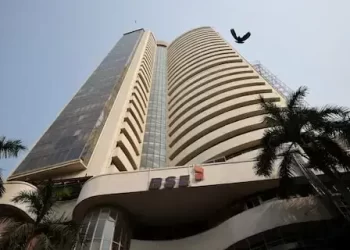Selling pressure was witnessed at the Pakistan Stock Exchange (PSX) amid volatility on the political front as the benchmark KSE-100 index plummeted during trading on Friday.
At 12pm, the benchmark index was at 79,587.71, a decrease of 404.64 points or 0.51%. The market plummeted further as trading resumed but value-hunters were quick to give the KSE-100 a boost, helping it recover almost all its losses.
At 3pm, the KSE-100 had recovered to 79,703.08, a fall of just 289 points or 0.36%.
Earlier, the negative sentiment came after the Supreme Court (SC) declared on Friday former Prime Minister Imran Khan’s Pakistan Tehreek-e-Insaf (PTI) party eligible for seats reserved for women and minorities, throwing a spanner in the working of the current National Assembly where the PML-N-led coalition government had a two-thirds majority.
With some seats now going away, the coalition government’s grip in workings of the federal government is likely to loosen.
This could put the economic agenda on the backburner, and possibly also slow down the reforms’ process.
However, some analysts said it was too early to tell the future course of reforms and the International Monetary Fund (IMF) progamme.
On Thursday, the PSX had also witnessed a volatile session, as its benchmark KSE-100 Index swayed in both directions before closing the day with a gain of 151 points to settle at 79,992.35 level.
In a key development, the IMF on Thursday said that it would continue to discuss policy goals and actions that could form the basis of a medium-term home-grown reform programme for Pakistan that could be supported under Extended Fund Facility (EFF) arrangement with the IMF.
Globally, China stocks fell on Friday in line with broader weakness across other Asian markets, with mixed trade data weighing on sentiment, tracking overnight losses on Wall Street, while Hong Kong shares rose.
China’s exports rose 8.6% in June from a year earlier, stronger than the expected 8.0% growth, while imports unexpectedly shrank 2.3%, customs data showed on Friday, suggesting manufacturers are front-loading orders in anticipation of tariffs from a growing number of trade partners.
Around the region, MSCI’s Asia ex-Japan stock index was down 0.17% while Japan’s Nikkei index was down 2.28%, tracking Wall Street losses overnight, after investors rotated into smaller companies following the cooler-than-expected US inflation print.









